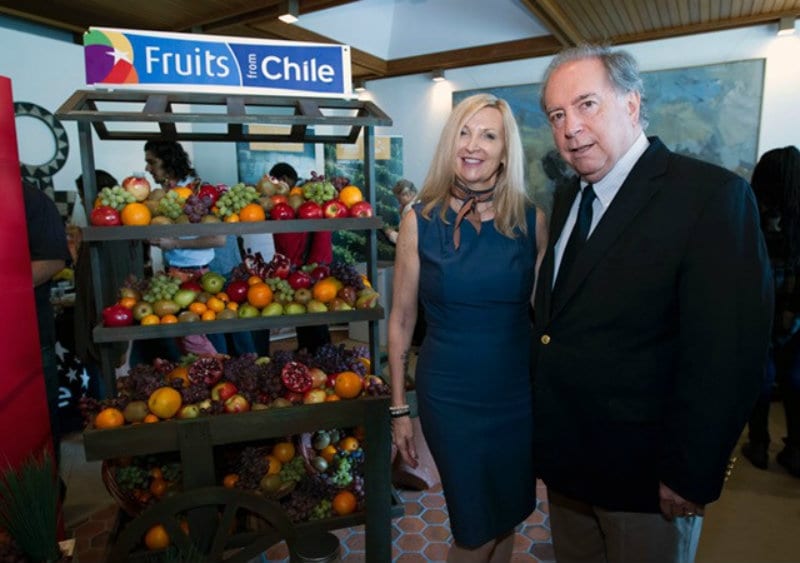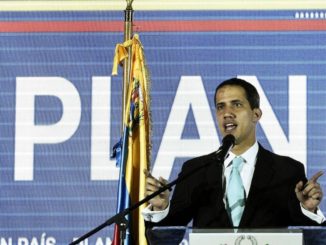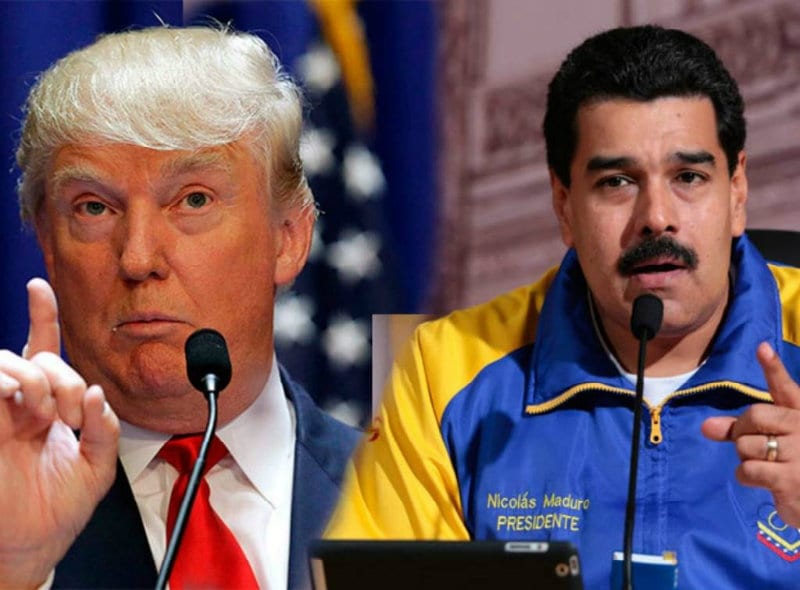
Venezuela’s most severe crisis can infect the entire region. Hugo Chávez laid the basis, but he’s not at fault alone. Mr Chávez undoubtedly governed to protect what he interpreted as the national interest. Hence, he talked tough to Venezuela’s key customer, the United States, which reciprocated as expected. But both always remained pragmatic, so one would get socialist oil and the other capitalist dollars.
Mr Chávez didn’t spend the money on pities like revolution, rather he distributed it to the poor to build a prosperous society. Of course, the means can be questioned but the ends cannot. Moreover, he gave the poor a voice, which represents a tremendous social victory, even though one liberals and conservatives often dismiss. But this legacy stands. Yet, Mr Chávez also fell in the same petrodollar trap as Brazil, or even Wall Street bankers: They thought the economic boom and high oil prices would endure. Thus Mr Chávez buried long-term prosperity as he exposed the country to the unpredictable global oil market.
Another fatal mistake was Nicolás Maduro, Mr Chávez’s handpicked yet charisma-free successor, who elicits doubts about his mental health. Nonetheless, Mr Maduro achieved democratic legitimacy, as enough voters trusted him to lead the country – and that had to be accepted. Except it wasn’t, which says something about key opposition figures, many of whom also had a role in the coup in 2002. Curiously under- and misreported, the now-jailed Leopoldo López started an aggressive post-election campaign, accusing fraud and attacking the legitimacy of the just elected president. Lacking evidence the campaign nonetheless mobilised upper- and middle-class voters, although it failed the greater objective of sipping into the poorer barrios; it even caused the opposition movement to split. From then on unrest simmered without blowing up, however. Thus, the current deadlock is as much a remnant of the opposition’s strategy as of Mr Chávez’s failures.
Many have predicted Mr Maduro’s denouement, even Heinz Dieterich, the founder of 21st century socialism and one of Mr Maduro’s fiercest critics. Though Mr Maduro has proved his ability to swim with sharks, he evidently lacks capacity to attract talent into his administration, Mr Dieterich confirms. Nonetheless, the president’s still there and he’ll like remain, so his administration must form part of any solution.
External developments make the already acid mix of hardline opposition and government incompetency yet more explosive. Over the last years, the so-called Pink Tide receded, which emboldened the opposition as hard-right governments ascended specifically in Argentina and Brazil, and a Chilean-style neoliberal one in Peru. Additionally, the reconfiguration of Cuban-US relations has made Havana rethink its strategy and lowering its pact with Venezuela, which has transformed from ally into embarrassment anyway. Most importantly, oil prices have collapsed without Caracas responding with adequate reforms. So the ineptitude of the current administration and developments outside its influence add to the failures of Chávez and his opponents.
The region’s players should take note, because Venezuela could hit them hard. As rising numbers of Venezuelans seek refuge elsewhere, they sooner or later will pressure their host countries to influence their home country. Thus, important hosts like Chile or Colombia should prepare for negotiating the coming internal pressure and Venezuela’s sovereignty which normally forbids them to intervene. Additionally, famine and drug shortages are now common in Venezuela. Such a humanitarian catastrophe is unacceptable and may sully the reputation of everyone who stands by. International prestige is at stake, which many Latin countries usually care about.
Unity would help in solving the crisis, but that also requires credibility. Unfortunately, two potentially decisive actors, Brazil and Argentina, lack such credibility. While Brazil’s government is at least as corrupt as Venezuela’s, if not more, the latter has a democratic mandate and enjoys some popular support. President Temer lacks both. The other potentially decisive actor, Argentina’s Mauricio Macri, had murky business in the Bahamas. He also cynically denounces political trials in Venezuela while disparaging victims of political violence in Argentina, calling them scammers, and relativising the dictatorship’s crimes. So, a lecture on corruption and human rights by these leaders amounts to satire. No less hypocritical the Organization of American States (OAS). Its leader, Luis Almagro, forfeited not only leverage in Caracas by gambling on Venezuela’s exit, he also readily accepted the resulting diplomatic carnage and dysfunction.
As the crisis worsens, even civil war becomes a prospect. The devastating aftereffects would divide the continent, as rigid alliances cause separation and make compromise difficult. The independence wars still loom over Latin American relations. But even in an optimistic scenario with orderly ballots and the government’s withdrawal, stability wouldn’t be a given. Staunch Chavistas would fear reprisal and possibly resist any change; they could count on Bolivia which wouldn’t readily accept the loss of an ally. Furthermore, Anti-Maduro Chavistas would come out and move to entrench the Bolivarian Revolution, whereas killing it would take priority for the hardline opposition, which itself has hardly one idea of the good life.
Defusing the crisis requires unprecedented diplomatic effort by countries like Chile and Colombia, but also Bolivia and Cuba. They must understand that if Venezuela goes down, everyone else will follow.



